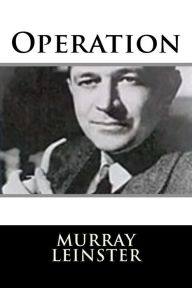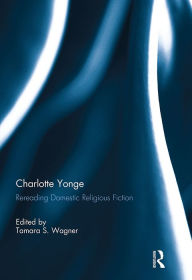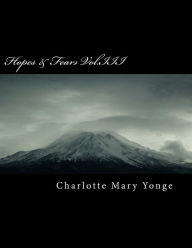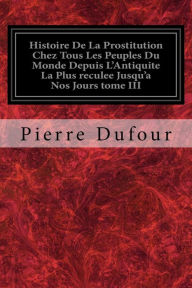'Feeding the Ghosts' as a Revisionist Historical Novel
by Bianca Müller
2020-05-07 04:27:08
'Feeding the Ghosts' as a Revisionist Historical Novel
by Bianca Müller
2020-05-07 04:27:08
Seminar paper from the year 2010 in the subject English Language and Literature Studies - Literature, grade: 1,7, University of Wuppertal, course: The Representation of Slavery from Aphra Behn to Bernadine Evaristo, language: English, abstract: Rega...
Read more
Seminar paper from the year 2010 in the subject English Language and Literature Studies - Literature, grade: 1,7, University of Wuppertal, course: The Representation of Slavery from Aphra Behn to Bernadine Evaristo, language: English, abstract: Regarding his third novel, Feeding the Ghosts, the British-Guyanese poet, playwright and novelist Fred D'Aguiar states in an interview for the 'Caribbean Studies Journal' that 'it was a piece of history that then grew out of an absence of facts about it' (Hyppolite). Apparently the author does not intend to convey a coherent, continuous historical account of the infamous 'Zong-Massacre', which took place in 1781, but rather the ruins of history in a manner of an 'as-if-testimony' (Bröck 29). Thus, the novel belongs to the genre of historical fiction which combines in a postcolonial context imaginative elements and historical facts with regard to the historiographical document of the death of 131 Africans 'at the hands of profit-hungry British slave traders and investors on board the slave ship Zong' (Pichler 7). Sailing from the west coast of Africa to Jamaica, the slave ship carried 442 slaves, more than it could safely transport and was therefore overloaded and lacked sufficient provisions for its 'cargo'. Together with malnutrition and disease, this overcrowding led to Captain Luke Collingwood's decision to throw the sick overboard in order to claim money from the insurers, who covered £39 compensation a head, as long as the action was taken to safeguard the ship's safety. The resulting court trial caused much attention as the case of the Zong outnumbered the known fashion and consequently lead to abolitionist support as the legal status of slaves as 'cargo' was confirmed by the concluding verdict. Finally, in 1790 a preliminary bill was passed which ruled out 'insurances claims resulting from slave mortality through natural death or ill treatment, or against loss by throwing overboard of slaves on any account whatsoever' (Walvin 20). Even though 'those deaths [...] cannot be undone' (D'Aguiar 230) D'Aguiar succeeds at creating a 'counter-memory to Britain's official memory' (Pichler 1) by recreating this traumatic incident in the history of the Middle Passage and the subsequent trial from the perspective of his heroine Mintah, a Fetu slave woman.
Less


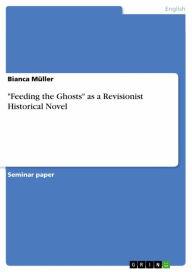


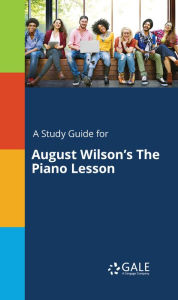





.jpg)
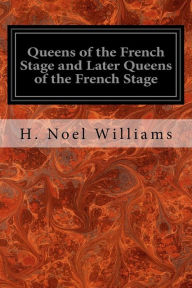



.jpg)

